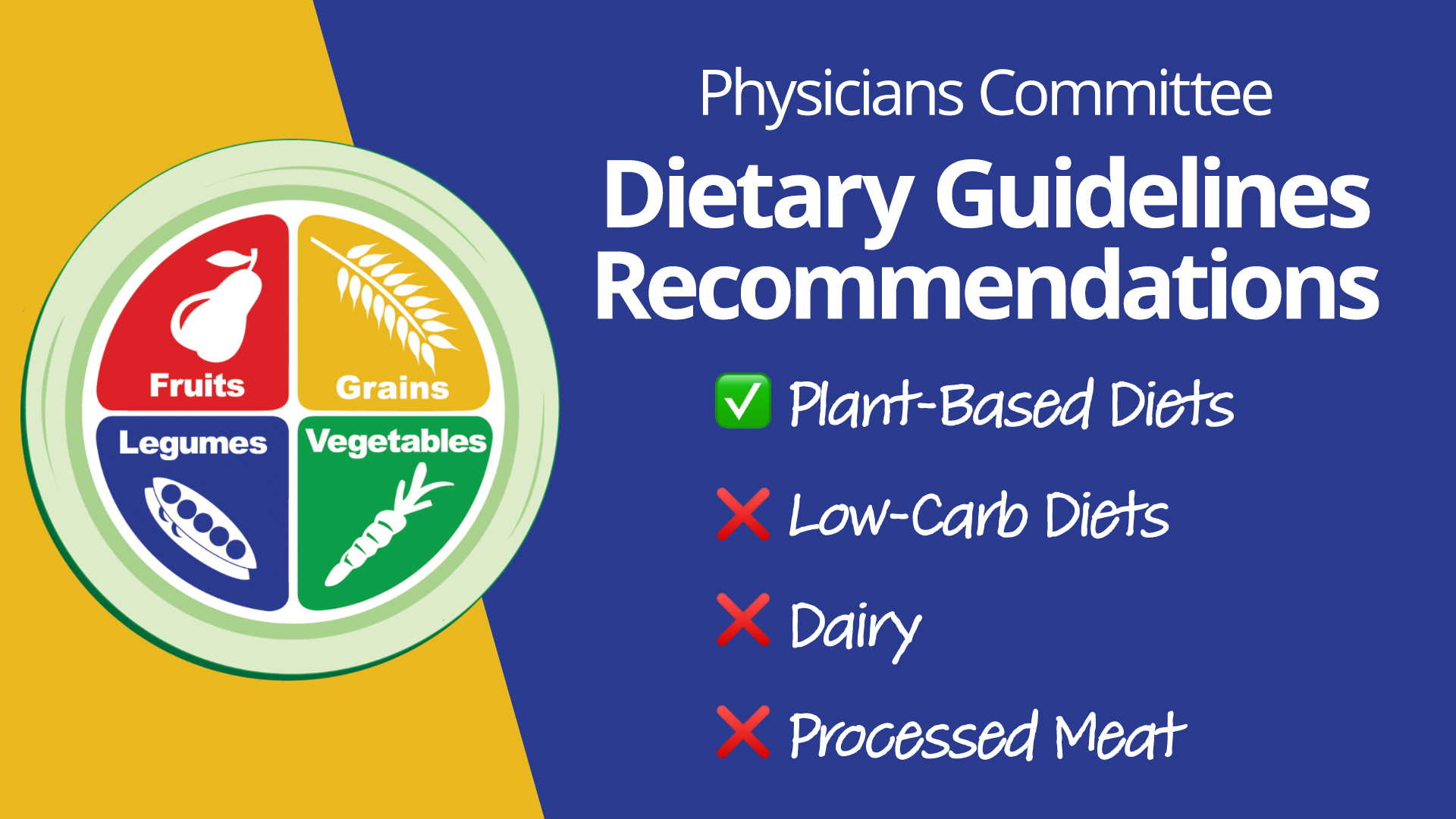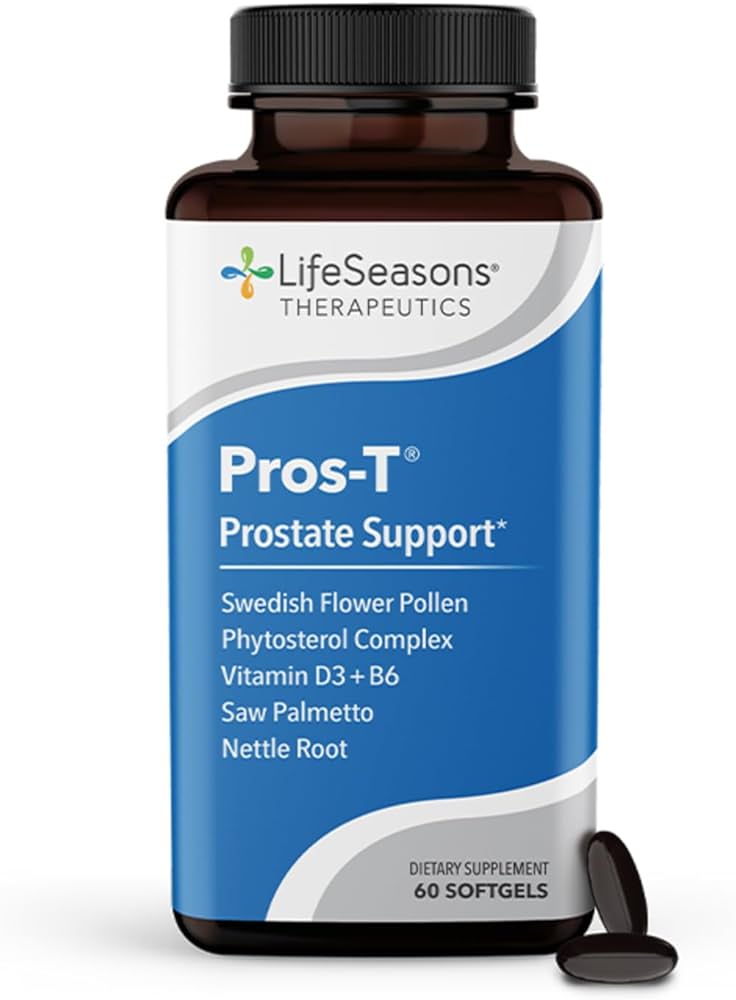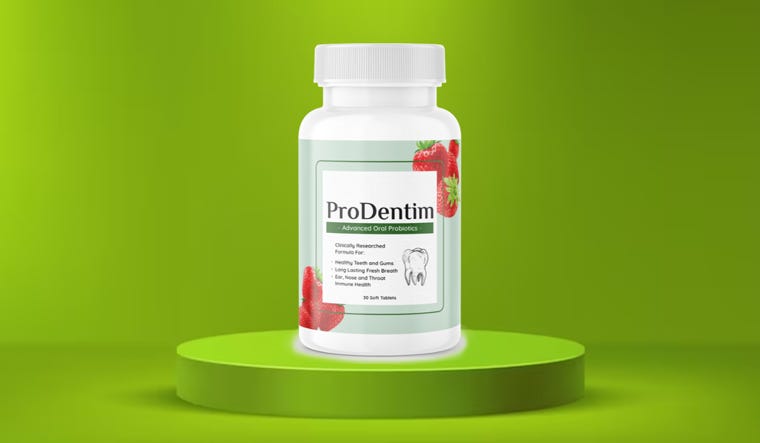Men concerned about prostate health should limit red meat and dairy products. High-fat foods and excessive alcohol are also best avoided.
Maintaining a healthy prostate is crucial for men’s health, particularly as they age. Diet plays a significant role in prostate health, and certain foods can potentially increase the risk of prostate issues, including cancer. A well-rounded introduction to a prostate-friendly diet would emphasize the importance of avoiding foods that can exacerbate prostate problems.
This includes cutting down on processed meats, which are often high in saturated fats and chemicals that may contribute to inflammation. Men should also consider reducing their intake of spicy foods and caffeinated beverages, as these can irritate the prostate. Being mindful of calcium intake is important as well, since excessive amounts from dairy products could pose a risk. Opting for a diet rich in fruits, vegetables, and whole grains, while steering clear of unhealthy fats and sugars, supports overall health and can help keep the prostate in good condition.

Credit: www.pcrm.org
Introduction To Prostate Health
Prostate health is vital for men’s well-being. The prostate, a small gland, plays a key role in the male reproductive system. Proper care is crucial to prevent conditions such as prostatitis, benign prostatic hyperplasia (BPH), and prostate cancer. Diet plays a significant part in maintaining a healthy prostate.
Why Dietary Choices Matter
Making the right dietary choices can support prostate health. Some foods may increase the risk of prostate issues. Others may help reduce that risk. Knowing which foods to avoid can make a big difference.
- Red meat and processed meats can harm the prostate.
- Dairy products might increase the risk of prostate problems.
- Foods high in sugar and refined carbohydrates should be limited.
- Alcohol consumption needs moderation for a healthy prostate.
Prostate 2024: The Latest Research
Recent studies in 2024 shed light on prostate health. Research links certain foods to a higher risk of prostate issues. Scientists suggest diets rich in fruits, vegetables, and omega-3 fatty acids are beneficial.
| Food Type | Impact on Prostate Health |
|---|---|
| Red and Processed Meat | Negative |
| Dairy Products | May Increase Risk |
| Sugary Foods | Negative |
| Alcoholic Beverages | Limited Intake Advised |
Red And Processed Meats: A Risky Choice
Choosing what to eat can have a big impact on your prostate health. Red and processed meats might be a staple in many diets, but they come with risks for your prostate.
Link To Prostate Issues
Studies show that red and processed meats can be bad for the prostate. They often contain chemicals that can harm cells in the body. Eating these meats might increase the risk of prostate problems.
- Red meats have compounds that can damage DNA.
- Processed meats contain preservatives that aren’t good for you.
Healthier Protein Alternatives
It’s important to pick the right proteins to keep your prostate healthy. Here are some good choices:
| Protein Source | Benefits |
|---|---|
| Fish | Rich in omega-3, good for heart and prostate. |
| Chicken | Low in fat, high in protein. |
| Beans | High in fiber, no cholesterol. |
| Nuts | Good fats, great for snacking. |
Try these options to reduce risks and boost health. Your body will thank you!
High-fat Dairy Dilemma
The High-Fat Dairy Dilemma is a topic of concern for many looking to maintain prostate health. Dairy products like cheese, butter, and full-fat milk are staples in numerous diets. Yet, they may pose risks for prostate well-being. Understanding the impact of these foods and exploring alternatives can guide better dietary choices.
Impact On Prostate Well-being
Studies suggest that high-fat dairy consumption could be linked to poor prostate health. Saturated fats found in these products may increase the risk of prostate issues. These facts make it clear: watching dairy intake is vital.
- Risks: High-fat dairy may contribute to prostate concerns.
- Research: Evidence points to a connection between dairy fat and prostate health.
Opting For Low-fat Options
Choosing low-fat dairy is a smart move for those concerned about their prostate. Products like skim milk, low-fat yogurt, and cheese offer the dairy goodness without the excess fat.
| Dairy Product | Full-Fat Content | Low-Fat Content |
|---|---|---|
| Milk | 3.25% | 1% or less |
| Yogurt | Regular | Low-fat or non-fat |
| Cheese | Regular | Reduced fat |
It’s about balance. Enjoy dairy in moderation and pick the options that support your prostate health best.
Sugar-laden Foods And Prostate Concerns
Choosing the right foods can be a game-changer for prostate health. Certain items can pose risks. Sugar-laden foods are among these. They may impact prostate health negatively. Let’s explore the reasons behind this.
Sugar’s Role In Inflammation
Inflammation is a natural response of the body. Yet, too much can harm. Sugary foods can trigger excessive inflammation. This can affect the prostate. Studies suggest a link between high sugar intake and inflammation. This can lead to prostate issues.
- Processed sugars fuel the body’s inflammatory pathways.
- High-fructose corn syrup is a common culprit in inflammation.
- Reducing sugar can help manage prostate health.
Sweet Substitutes For Better Health
Healthier choices can satisfy sweet cravings. They can also support the prostate. Here are some sweet substitutes:
| Sugar Source | Healthy Substitute |
|---|---|
| White Sugar | Stevia, a plant-based sweetener |
| High-Fructose Corn Syrup | Honey, natural and nutrient-rich |
| Artificial Sweeteners | Maple syrup, with antioxidants |
Choose fruits over candy. Natural sugars are better. They come with fiber and vitamins. This helps the body process them better.
Remember, moderation is key. Even natural sugars can harm in excess. Balance is crucial for prostate health.
The Trouble With Excessive Caffeine
Many people start their day with a hot cup of coffee. But for some, especially men concerned about their prostate health, it might be time to rethink that habit. Excessive caffeine can lead to issues that no one wants to deal with.
Caffeine’s Effect On The Prostate
Caffeine acts as a diuretic, increasing the need to urinate. This can be troublesome for men with prostate concerns. A frequent urge to visit the bathroom can disrupt sleep and daily activities. High caffeine intake may exacerbate symptoms of an enlarged prostate, such as urinary urgency and incontinence. Studies suggest a link between caffeine and higher urinary symptom scores.
Balancing Caffeine Intake
Finding the right balance is key. Limiting caffeine is beneficial for prostate health. Men should aim to reduce their intake of caffeine-rich foods and beverages. Consider these tips:
- Swap coffee for herbal teas
- Choose decaf options when possible
- Read labels on energy drinks and sodas
- Avoid hidden sources like chocolate
By making smart choices, men can enjoy their favorite drinks without putting their prostate health at risk. A moderate approach to caffeine can lead to better overall well-being.

Credit: www.ebay.com
Alcohol: Understanding The Limits
When discussing prostate health, diet plays a crucial role. Particular attention is necessary for alcohol intake. This section dives into how alcohol affects the prostate and safe drinking practices.
Alcohol Consumption And Prostate Health
Research indicates a link between alcohol and prostate health concerns. Excessive drinking can lead to a higher risk of prostate issues. It’s essential to understand the impact of alcohol on this vital gland.
- Increases PSA levels: Regular heavy drinking might elevate Prostate-Specific Antigen (PSA) levels.
- Triggers inflammation: Alcohol can cause inflammation, potentially aggravating the prostate.
- Affects hormone balance: It might disrupt the hormonal balance, influencing prostate health.
Safe Drinking Practices
Safe drinking is key to maintaining a healthy prostate. The guidelines suggest moderation.
| Gender | Safe Alcohol Limits |
|---|---|
| Men | Up to 2 standard drinks per day |
| Women | Up to 1 standard drink per day |
Choosing alcohol-free days and opting for lower-alcohol alternatives can also promote prostate health. Remember, less is more when it comes to alcohol and your prostate.
Spicy Foods: Handle With Care
Spicy Foods: Handle with Care – this topic generates heated discussions among health enthusiasts, especially concerning prostate health. Men seeking to maintain a healthy prostate should be aware of the effects of spicy foods on their bodies. Let’s delve into how spices may affect prostate sensitivity and the importance of consuming these fiery ingredients in moderation.
Spices And Prostate Sensitivity
Many love the kick that spicy foods provide. But, did you know that some spices might irritate the prostate? Certain compounds in hot peppers and other spices can trigger symptoms in individuals with sensitive prostates. These symptoms may include increased urgency to urinate or a burning sensation.
Common irritants include:
- Chili peppers
- Hot sauces
- Cayenne pepper
Moderation In Spice Consumption
Not all spices are off the table. Moderation is key. It’s possible to enjoy the flavors without the burn. Include spices that are less likely to irritate, such as:
| Spice | Notes |
|---|---|
| Paprika | Milder and can add color |
| Turmeric | Anti-inflammatory properties |
| Ginger | Gentle warmth, soothing |
Remember to start with small amounts. Observe how your body reacts. Adjust as needed to ensure comfort and health. Your plate can still be flavorful without the pain!

Credit: www.everydayhealth.com
Calcium Overload From Supplements
Many men focus on diet to support prostate health. But, certain nutrients in excess can do more harm than good. Calcium is one such nutrient. Often taken as a supplement, too much calcium can lead to problems. It’s key to strike a balance. Let’s dive into calcium’s role in prostate health.
Calcium’s Complex Relationship With The Prostate
Calcium is crucial for bone health. It also plays a role in muscle function and nerve signaling. Yet, its impact on the prostate is nuanced. Studies have shown that high calcium intake may be linked to an increased risk of prostate issues. This does not mean that calcium is the enemy. It means that moderation is essential. A diet high in dairy products or a habit of popping calcium supplements can lead to an overload. This overload is what might affect the prostate negatively.
Recommended Calcium Intake
How much calcium men need depends on age and overall health. The recommended daily allowance (RDA) for most adult men is 1,000 milligrams. Men over 70 should aim for 1,200 milligrams. It’s best to get this mineral from food sources like green leafy vegetables, almonds, and sardines. Supplements should be a last resort. If you choose to take a supplement, don’t exceed the RDA. Always consult with a healthcare provider before starting any new supplement regimen.
| Age Group | Recommended Calcium Intake |
|---|---|
| Adult men under 70 | 1,000 mg/day |
| Men over 70 | 1,200 mg/day |
- Eat calcium-rich foods like kale and broccoli.
- Avoid excessive dairy and supplements.
- Discuss with your doctor before taking calcium pills.
Remember, a balanced diet supports a healthy prostate. Keep an eye on calcium intake. Make sure not to exceed the recommended levels, especially from supplements.
Foods With Additives And Preservatives
Eating for a healthy prostate means being mindful about what you put on your plate. Certain foods with additives and preservatives may harm prostate health. These ingredients can hide in everyday foods. They often extend shelf life or enhance flavor. Yet, they might also pose risks to your well-being.
Chemicals To Watch Out For
Some chemicals in processed foods are linked to health issues. It’s wise to limit these in your diet.
- Sodium nitrate: Often in processed meats like bacon.
- Monosodium glutamate (MSG): Common in fast foods and snacks.
- Artificial sweeteners: Found in diet drinks and sugar-free products.
- BHA and BHT: Preservatives in cereals and snacks.
Choosing Natural And Whole Foods
Opt for foods close to their natural state. Whole foods offer more nutrients and fewer risks.
| Fresh Picks | Reasons to Choose |
|---|---|
| Fruits and vegetables | Rich in vitamins and fiber. |
| Lean meats and fish | High in protein, low in additives. |
| Whole grains | Provide energy and digestion aid. |
| Nuts and seeds | Good fats and nutrient-dense. |
Conclusion: Crafting A Prostate-friendly Diet
Crafting a prostate-friendly diet is crucial for maintaining urological health. Steering clear of certain foods may reduce the risk of prostate issues in 2024.
A prostate-friendly diet is key to maintaining prostate health. This section will summarize the essential takeaways and guide you on adapting to beneficial dietary changes.Key Takeaways For Prostate Health
- Limit Red Meat: Studies suggest high consumption may increase risk.
- Reduce Dairy: Opt for plant-based alternatives to lower fat intake.
- Cut Down on Saturated Fats: These fats can boost prostate issues.
- Avoid Trans Fats: Found in processed foods, they’re harmful to overall health.
- Minimize Sugar: Excess sugar can lead to weight gain, affecting the prostate.
- Control Salt Intake: High salt levels can lead to potential complications.
- Stay Hydrated: Water is crucial for flushing out toxins.
Adapting To Dietary Changes
Eating right for your prostate doesn’t have to be a challenge. Small changes can make a big difference. Start by introducing more fruits and vegetables into your diet. They’re packed with vitamins and antioxidants. Include omega-3 rich foods like fish and flaxseeds to combat inflammation.
Plan your meals ahead. This can help you avoid unhealthy choices. Try new recipes that focus on prostate health. They can be both delicious and nutritious. Remember to consult with a healthcare provider before making any significant changes to your diet.
Consistency is key. Make these dietary changes part of your daily routine for long-term benefits. Your prostate health is worth the effort!
Frequently Asked Questions
What Are The Worst Foods For Prostate Health?
Red meat, processed foods, dairy with high fat, and excessive alcohol can negatively impact prostate health. Avoid or limit these for better well-being.
What Foods Cleanse The Prostate?
Foods that help cleanse the prostate include tomatoes, watermelon, green tea, and vegetables like broccoli and cauliflower. Omega-3 rich fish, such as salmon, are also beneficial.
What Is The Number One Food For The Prostate?
Tomatoes are widely considered the top food for prostate health due to their high lycopene content.
What Drinks Are Bad For Your Prostate?
Certain drinks may negatively impact prostate health, including alcoholic beverages, caffeinated drinks, and sugary sodas. Limiting these can benefit prostate function.
Conclusion
Navigating prostate health can be challenging, but your diet plays a crucial role. Remember, red meats, dairy, and high-fat foods are best limited. Opt for plant-based alternatives and stay informed about nutritional updates. Prioritize your well-being by making informed food choices.
Stay proactive and consult a healthcare provider for personalized advice. Your prostate will thank you.


